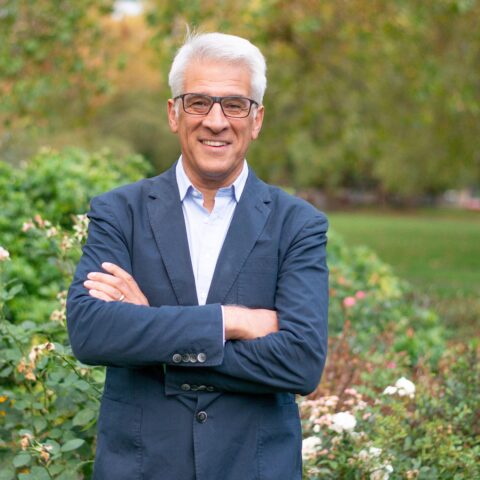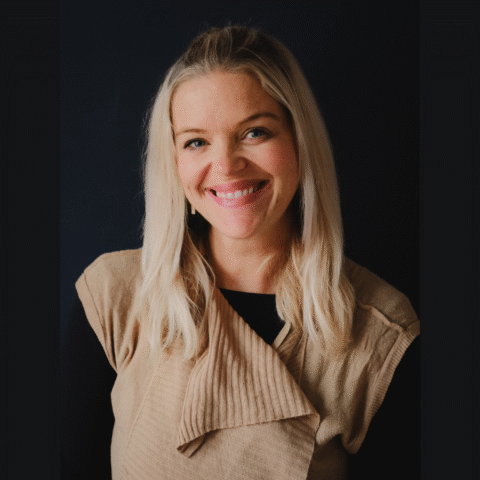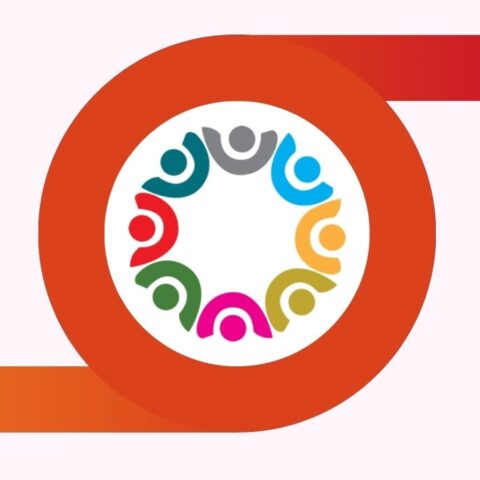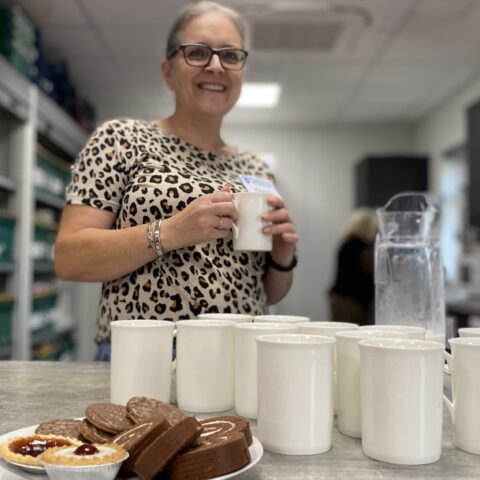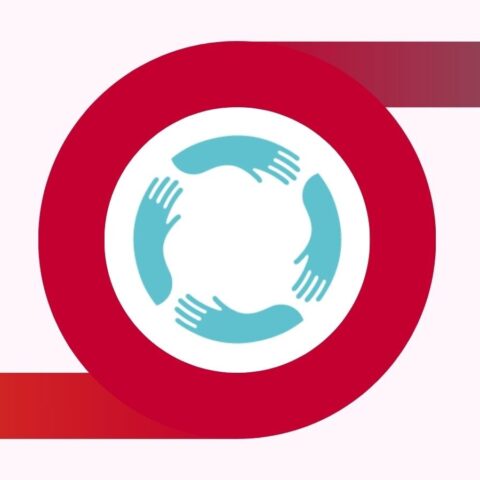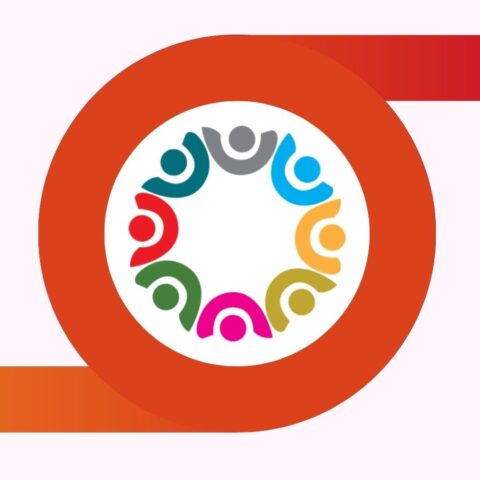Brian Greenhalgh, Lead Chaplain at HMP Altcourse, will be the guest speaker at our Welcoming Prison Leavers training for church and faith groups.
Hosted by Together Liverpool’s Network of Kindness in partnership with the Welcome Directory, this course equips faith communities with the tools to support ex-offenders reintegrating into society.
The first session, for faith group leaders, takes place on Wednesday, November 27. A second session, for leaders to bring their wider teams, is on Saturday, November 30.
Upon completion, participants will be eligible to register with The Welcome Directory – a network of faith groups committed to providing a welcoming space for individuals leaving prison.
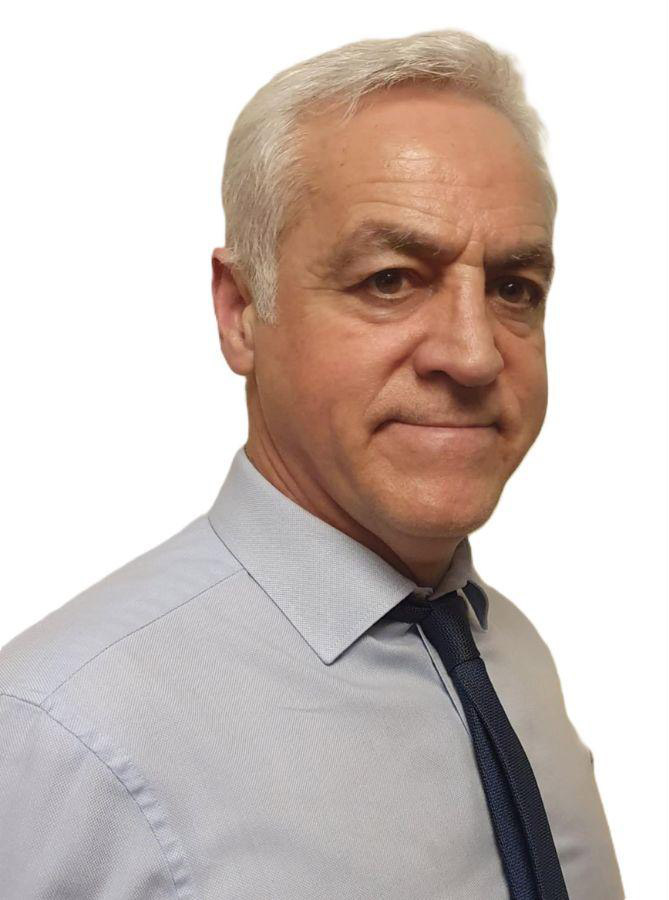
“When someone leaving prison finds a group that accepts them for who they are, without judgment, they’re more likely to integrate into the community successfully. An unconditional approach toward all people, regardless of their background or faith, creates a truly welcoming environment.”
Brian Greenhalgh,
Lead Chaplain, HMP Altcourse
Q&A with Brian Greenhalgh, Lead Chaplain, HMP Altcourse
Q: Tell us about your experiences working with prison leavers and the challenges they typically face when reintegrating into society?
A: “Homelessness is a major challenge for many prison leavers. A lot of people have lost their flats, homes, or relationships while inside, so they’re starting from scratch. Unemployment is also a big issue.
“There’s also significant stigma for ex-offenders returning to their communities. Even as they try to reintegrate, they might face rejection from people around them who remember their past actions.
“Another challenge is the rapid pace of change. If someone has been in prison for any length of time, they may find that things on the outside, like technology and social norms,have moved on without them. They’re not necessarily coming back to the world they left, and that can make reintegration even harder.”
Q: What are some of the biggest barriers prison leavers face in rebuilding their lives?
A: “The stigma of having a prison record can impact the types of jobs available. If you’re educated but have a record, many roles in fields like education, finance, or public service may be off-limits, so retraining becomes necessary, which can be a barrier in itself.
“Another challenge is returning to communities with high unemployment and crime rates. Breaking away from these influences is difficult, especially when it’s where you and your family have deep roots.
“Staying away from crime is a constant challenge in such environments, and it’s made harder by additional issues like unemployment and homelessness.”
Q: What makes faith communities suited to provide the kind of support that prison leavers need as they seek a fresh start? How can faith groups help to overcome these obstacles?
A: “Faith communities have many resources for this kind of work and are uniquely positioned to provide care and support rooted in empathy—support that probation services sometimes can’t offer.
“Through their faith, they can offer hope, stability, and practical help, like housing or meeting people’s physical needs. Some faith communities might assist by equipping a home, providing food, or helping in other practical ways that aren’t always available through formal systems.
“Faith is also a meaningful aspect. Finding a church or place of worship that welcomes them can give prison leavers a sense of belonging. It’s about taking an unconditional approach, which faith communities are well-equipped to provide. This support is a way to exercise and demonstrate faith by walking alongside them on their journey.
“Even for those without a faith, faith communities can offer a unique experience of care and inclusion, providing a sense of being part of something greater. Faith groups bring a unique perspective that prioritises unconditional compassion, welcoming everyone regardless of background.”
Q: How can acceptance within a faith community make a difference in the life of someone leaving prison, and how can groups foster a truly welcoming environment?
A: “Acceptance is essential. Everyone needs to feel accepted and to have a sense of meaning and purpose.
“When someone leaving prison finds a group that accepts them for who they are, without judgment, they’re more likely to integrate into the community successfully. An unconditional approach toward all people, regardless of their background or faith, creates a truly welcoming environment.
“We’re not here to judge. They’ve served their sentence and repaid their debt to society. Our role is to show genuine care and concern, supporting them as they rebuild and work toward becoming a productive member of society again.”
Q: What are some practical ways that faith groups can demonstrate a commitment to inclusion, especially when welcoming those with a background in the criminal justice system?
A: “Sometimes, just being there to listen or to offer support over the phone can make a big difference. It’s not about trying to save people; it’s about walking alongside them, listening, and showing genuine care and concern. That simple presence is key.
“For some who reoffend, it’s often because they don’t feel accepted or part of a supportive community. They experience rejection repeatedly, which can push them back into a cycle of reoffending and returning to prison. Some might even reoffend to prove themselves or feel like they belong somewhere.
“Faith offers an alternative path, showing that there’s a different way to live. Faith groups can support this change by providing practical, emotional, or mental support. That kind of steady, caring presence is incredibly important for breaking the cycle and helping them see new possibilities.”
Q: What would you say to faith groups interested in welcoming prison leavers but uncertain about where to start?
A: “We all come with preconceived ideas. I’ve worked in prison chaplaincy for 17 years, and when I first started, I encountered the ‘throw away the key’ mentality. But I grew up in a deprived area, so I understood where many of these lads are coming from. None of us can choose where we’re born or who our parents are, or else everyone would have an easy start in life. Some people make choices out of necessity, and for some prisoners, that’s where their offending comes from.
“It’s essential to let go of those preconceived ideas and break down barriers. I often invite people into the prison for services, and they’re surprised at the response from prisoners. The media often gives the impression that prisons are violent places, but that’s not necessarily the reality. When you meet these individuals, they’re just like anyone you might pass in Tesco – polite, even saying ‘good morning’ – and you wouldn’t know they’ve been in prison.
“People come into prison from all walks of life. As people of faith, we’re called to show unconditional love and care to everyone, no matter their background.”
Q: What do you hope faith groups will learn from the Prison Leavers event with Together Liverpool, the Network of Kindness, and the Welcome Directory?
A: “I hope to change perceptions and encourage faith groups to consider how they can help and support people who may be vulnerable or disadvantaged. It’s about welcoming them into a faith community and supporting them to become part of it in a positive way. Faith can be demonstrated through showing care and concern for your neighbour. That’s what we do—teach that there’s a different way forward.
“I also hope faith groups will recognise the importance of getting on board with this work, as they will inevitably encounter ex-offenders. Knowing how to approach, integrate, and support them is far better than turning them away.
“Encouraging and accepting them is key. Churches are open communities, inviting people to join, so it’s vital to have people experienced in welcoming and supporting ex-offenders. This approach creates a more positive and inclusive environment for everyone.”
Q: What does Kindness mean to you?
A: “Kindness is showing compassion to someone, whatever their demeanour or background.”

